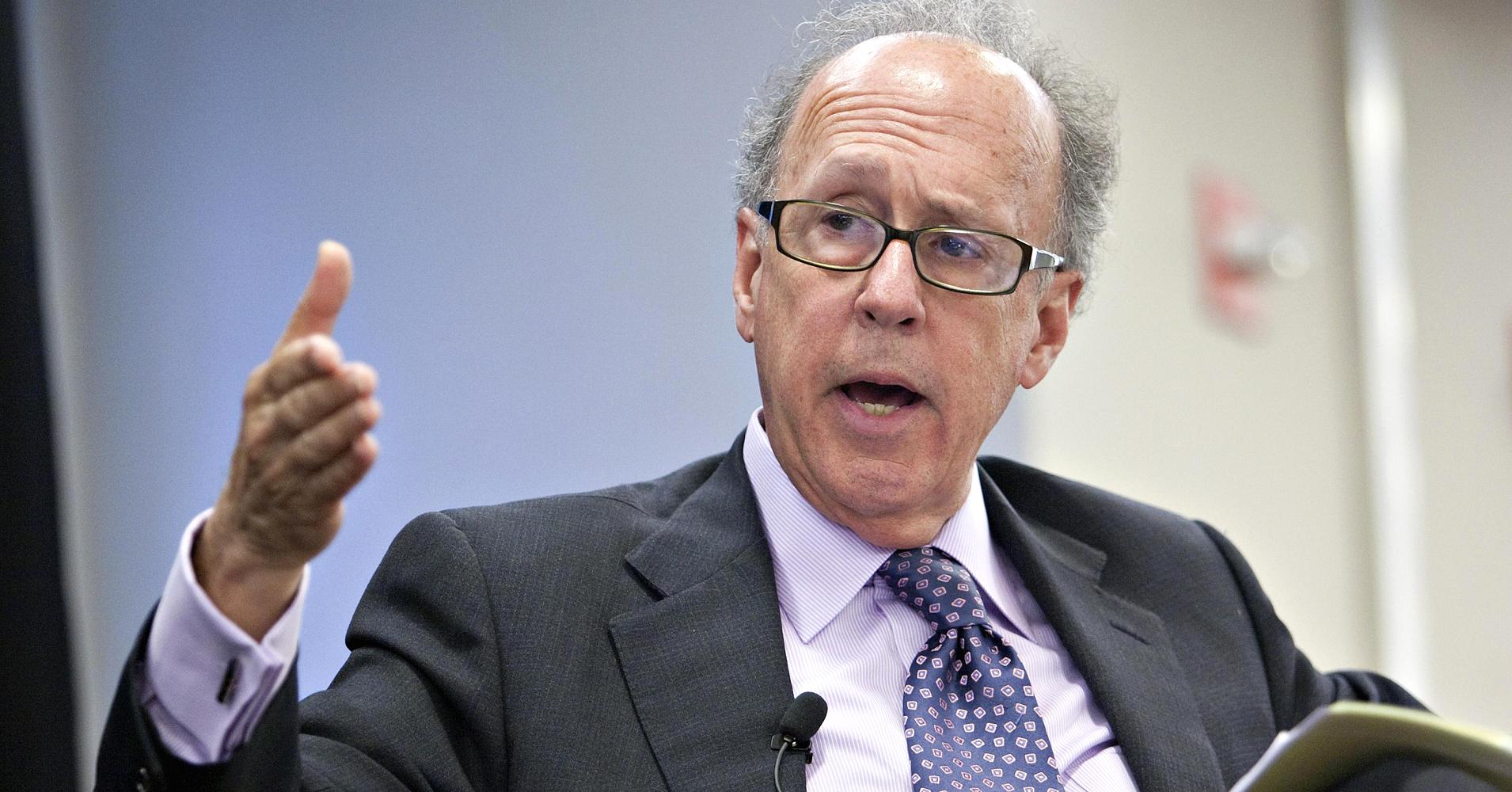Blog
U.S. economy faces significant uncertainty _ A dollar crash is virtually inevitable
- 2020-06-17
- Traiding Idea

Fed chair says U.S. economy faces significant uncertainty
U.S. Federal Reserve Chairman, Jerome Powell, has warned that the country's economy will face significant uncertainty in the coming months, and the recession following the outbreak of the Coronavirus will increase income inequality for minorities and low-income people.
"Much of that economic uncertainty comes from uncertainty about the path of the disease and the effects of measures to contain it. Until the public is confident that the disease is contained, a full recovery is unlikely" Powell said in a report to the Senate Banking Committee.
Powell stressed that recent job losses are mostly related to low-income workers, minorities and women, and that the current downturn is exacerbating income inequality.
"If not contained and reversed, the downturn could further widen gaps in economic wellbeing that the long expansion had made some progress in closing," Powell said.
Unemployment has risen since the Coronavirus spread in the United States, disproportionately hurting low-income workers, minorities and women.
Powell also warned that the recession posed acute risks to small businesses. He said these businesses are at the heart of the U.S. economy.
The U.S. Congress has provided more temporary assistance to businesses and unemployed workers.
Paul warned that without that aid, the long-term consequences of the pandemic would be more severe for the U.S. economy.
A dollar crash is virtually inevitable
Stephen Roach, one of Asia's leading financial experts, has expressed concern that a changing global landscape, along with the U.S. government's huge budget deficit, will cause the dollar to fall.
"The U.S. economy has been afflicted with some significant macro imbalances for a long time, namely a very low domestic savings rate and a chronic current account deficit." the former Morgan Stanley Asia chairman said.
He predicted that the dollar would fall very sharply and its value would fall by 35% against other major currencies.
Roach, a senior professor at Yale University in the United States, said the problems are going from bad to worse in the coming years as budget deficits increased.
He predicted that the dollar would crash in the next one to two years. He said the crash of the dollar was inevitable, and investors should not ignore this risk.

